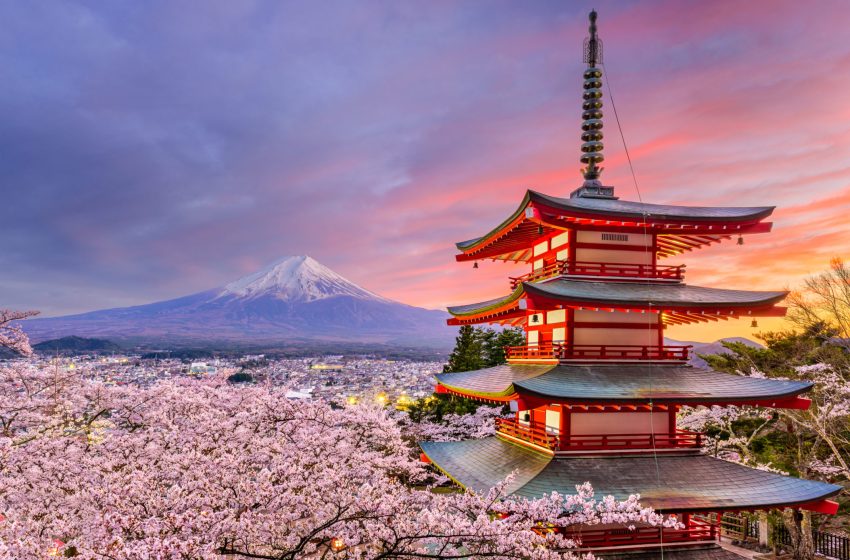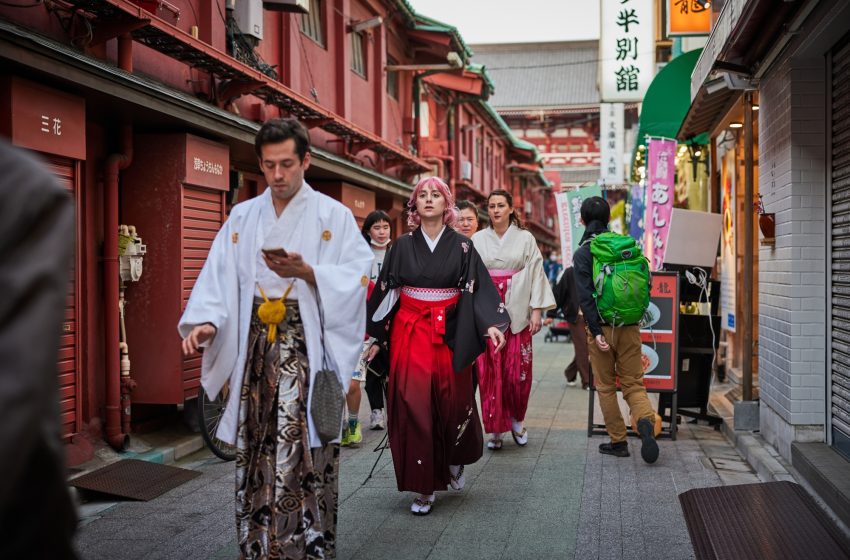A barrier erected in Japan to block a popular view of Mount Fuji has been taken down for now after succeeding in discouraging unruly tourists, a town official said.
Fujikawaguchiko put up the large screen in May after residents complained about streams of mostly foreign visitors causing problems while trying to snap photos of Japan’s famous volcano.
The town lowered the screen on August 15 ahead of a typhoon and has decided not to put it back up.
“We wanted to see what would happen,” the town official told AFP.
“There are still some people who come to the place. But we no longer find many people suddenly rushing out into the traffic to cross the road,” he said.
Pictures taken from the narrow pavement in front of a dentist’s office were popular online, with the snow-capped mountain rising photogenically into the sky from behind a convenience store.
The town’s struggle with unruly tourists made international headlines as record numbers of tourists headed to Japan over the summer, creating some opposition among locals.
The Fujikawaguchiko official said the town can put up the screen again if tourists return and cause more problems. (Source: AFP)






